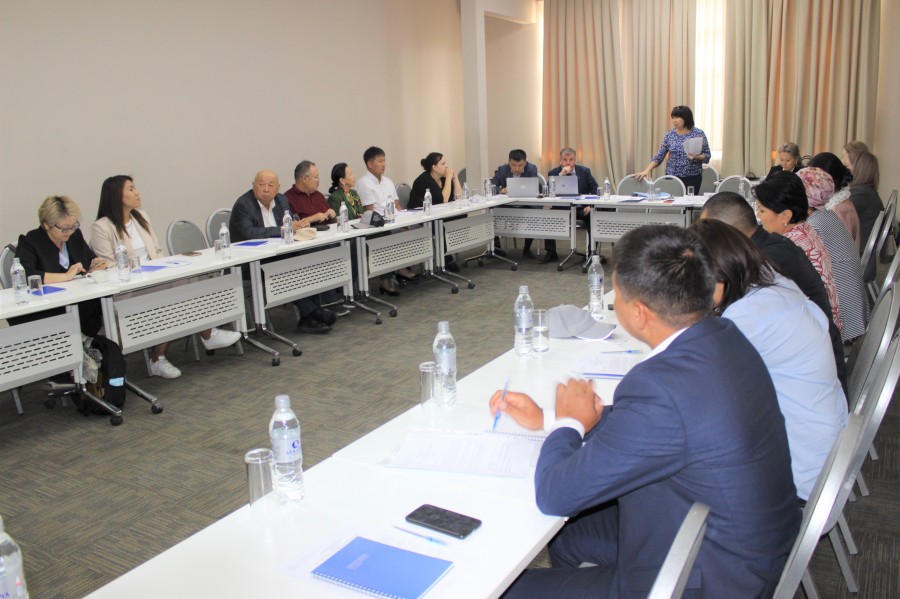
The agricultural sector of Kyrgyzstan employs about 28 percent of the population. In rural areas, more than 66% percent of the population depends on agriculture for their livelihood. At the same time, 41% of the employed population in agriculture are women. According to the National Statistical Committee of the Kyrgyz Republic, the poverty rate in 2020 was 25.3 percent, At the same time, in rural areas, the poverty rate is 29.3%, and in the urban population - 18.3%. Rural smallholders are the backbone of the region's agriculture, but they have limited access to productive inputs and assets, including land, machinery, seeds, fertilizers, finance, extension of knowledge.
The outcome of the project will be achieved through three interlinked outputs focusing on: 1) strengthening the institutional capacities of WCSOs engaged in peacebuilding especially in the South of the country, 2) supporting central and local government in creating sustainable and inclusive mechanisms and practices for partnering with WCSOs, and 3) creating opportunities to test new ways of collaboration WCSOs and the Government towards mitigating climate-related security risks and thus contributing to sustaining peace.
The project proposes unique and innovative sets of approaches and concepts which were tested in the context of Kyrgyzstan, in gender, climate security and peace areas, including within the previous PBF projects.
The project aims at achieving transformative results on GEWE as a key prerequisite for making meaningful progress on peace building and conflict prevention by exploring and implementing new solutions to addressing climate security risks for sustaining peace.